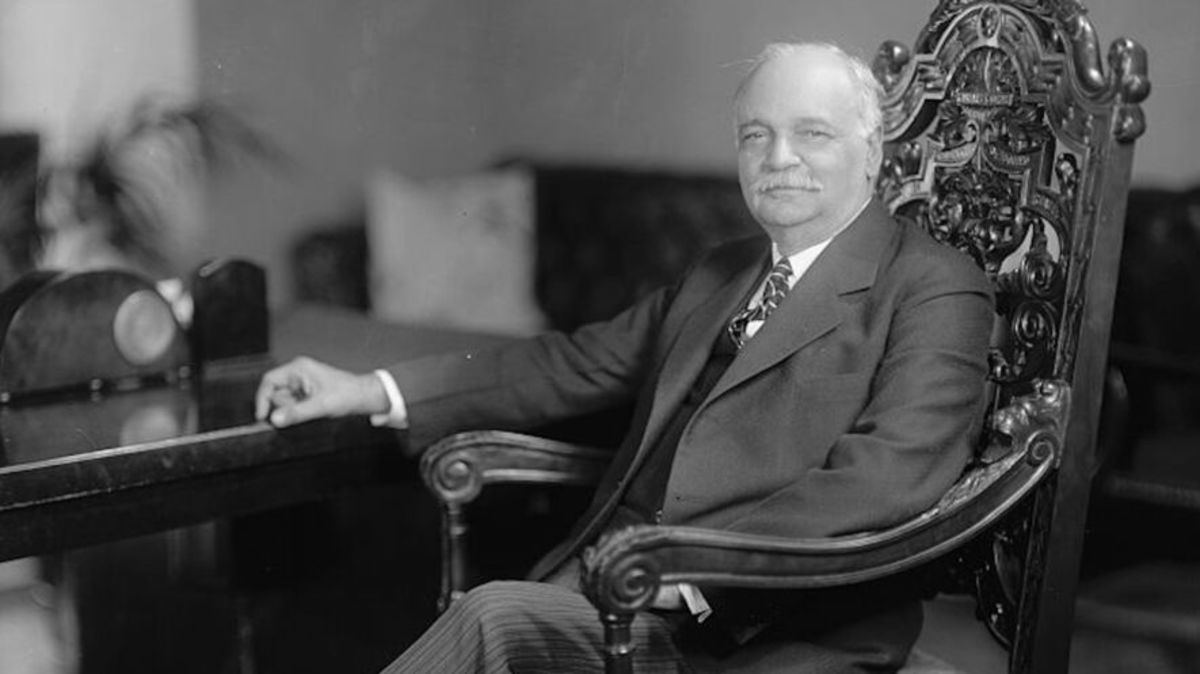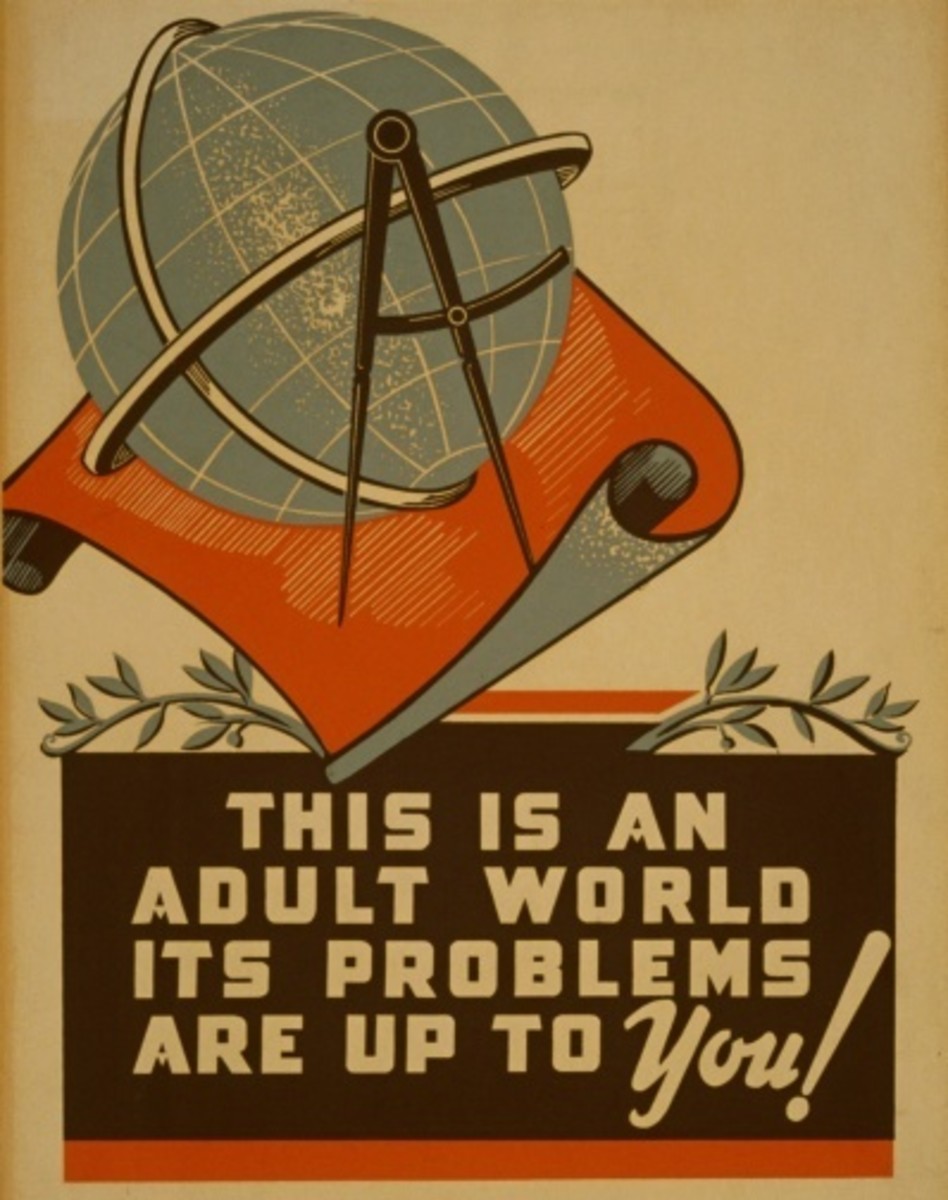The Leonard Peltier Case
Behind Bars.

AIM and the 1970s
I keep sticking my nose into other people's business. Maybe that's why I think I ought to go back east from whence I came. I'm not looking for trouble. But since I've traveled west, I somehow get into things that did not really affect me all that much when I wasn't here. One topic that I routinely ignored had to do with Native America. I was interested, however, and later read up on the topic, mostly histories, when time allowed. It is a rather large subject that should by all rights be evenly spread across America. But for some reason, the topic comes more into focus in the west. In New Mexico, pueblos are a continued presence that make themselves known, if only by way of casinos. In Colorado, Utah, and Wyoming, historical markers remind us of Utes -- migratory hunters, who both lived on and hunted these lands. The Anasazi left their indelible mark in awesome ancient cliff dwellings, scattered throughout the great Southwest. The Navajo Reservation is particularly huge, and incorporates Four Corners, which is impressive, to say the least. And then there are Native Americans themselves, in addition to their reservations, such as the Zuni near Gallup, or Hopi near Sedona. And along with increased visibility, if one bothers to give it attention, one eventually comes across AIM and Leonard Peltier.
AIM came into existence in 1968. Not surprisingly, its genesis dovetails with many other counter-culture movements that came into prominence during the late sixties, early seventies. Among its more practical considerations, it also dealt with self-esteem. Naturally, this alone is difficult for the status quo. Perhaps it is a source of irritation that the marginal and disenfranchised, or the poor and needy, not that these characteristics exclusively define any particular people, do not dwell on their short-comings day and night. They simply go on living, the way more acceptable persons do, who rest easy under the stars, and make sure, while the sun shines, that their egos are never bruised without reprisals. Leonard Peltier is supposed to be somebody who must spend two consecutive life sentences feeling bad about something he should not have done. Nonetheless, "I did not kill those agents," he proclaims near the end of Incident at Oglala, the 1988 documentary narrated by Robert Redford.
I actually believe him. Maybe that's because I want to. I will not argue the point. Yes, I want him to be innocent. And I have my own reasons for believing that either he is innocent or, having become more acquainted with the case, the prosecution never proved he was guilty. Certainly there is doubt. Isn't this enough? And if not, since I am not a legal scholar, it seems clear that a state of hostility exists between Native America and America. The courts should not enable one hostile group to harass another -- although the division is actually artificial and hypothetical. Perhaps it is not a nation-wide condition of belligerency after all. But it is real enough for myself and other pacifists to want to put an end to whatever it is. By now, much bloodletting has occurred, especially leading up to Wounded Knee in 1890. The siege of Wounded Knee in 1973 stirred up old resentments, and resulted in tragedy. The fact that two FBI agents were subsequently killed and an Indian now serves two life sentences in response to their shootings resonates with the kind of us-and-them animosity I refer to. This is Middle East, politically motivated justice, two-for-two, not American fair-mindedness.
The fact that Joe Stuntz, an Indian, was killed in the same firefight in the Jumping Bull Compound of Pine Ridge, a killing that goes unpunished, needs no explanation. I can see somebody, like Jiminy Cricket, taking me aside at this point and trying to talk sense. This is not my fight. I'm an out-of-towner. And I currently reside in the Wild West, if many miles below and to the west of South Dakota. I am also aware that our justice system acquitted two of the accused, Darrelle Butler and Robert Robideau. It also dismissed charges against another, Jimmy Eagle. So why make waves? Isn't a compromise the most that can be hoped for? The FBI is crucial to our existence, not, as is the prosecutorial perception, a loser. Be sensible. Well, I hardly think of myself as making waves. This is an old case, dating back to before the 1977 decision that sent Leonard Peltier away. Second, I'm all too apt to be lenient anyways when I think somebody else is too firm and unforgiving. It's in my own nature. In other words, I'm merely voicing an opinion. And how effective is that these-a-days? And third, the Peltier case became prominent when the silent majority had grown impatient with and apathetic toward the eclectic revolt of the sixties. That is to say, along with Peltier, an opportunity arose to bury AIM, too, at Wounded Knee.
Shots Fired

Prison Writings
This must be a genre in and of itself. Oscar Wilde might have written the most famous work of all from behind bars by penning his Ballad of Reading Gaol in 1897. But Leonard Peltier's Prison Writings, My Life is My Sun Dance, published in 1999, is very intelligent and insightful. Using broad strokes, he astutely characterizes the plight of reservation life, in which Native Americans are subjected to pressures unfelt or unexperienced by others. Some material we have heard before, such as the wrath with which justice is served in the wake of a White murder, and its absence in the wake of an Indian murder. It is not right, but reality itself. But in such numbers? Sixty plus unexplained deaths from among the opponents of Dick Wilson, the controversial tribal chairman? No, not that many. Too unreal. They should have attracted more attention. At the very least, FBI agents might have proceeded with caution rather than follow in a cloud of dust a suspicious vehicle onto the deadly terrain itself. But this is only a single item that makes the concerned individual wonder.
There are others, too. Poverty, unemployment, infant mortality, teen-age suicide, a low standard of living, an early life expectancy -- these are additional topics in which Indian statistics do not compare with parity to those of the mainstream. Still, these are not excuses by which any particular group might effect an armed rebellion. Polygamists, anti-tax organizations, and militants of every stamp have legitimate grievances, but none justify violence. It is not much different with Native Americans, except that they occupy a unique position in American history. Years ago, they had no real choice, faced as they were with conquest, but to fight back against the government. Cooperation has only led to mixed results, at best. As Peltier points out, corporations extended exploitation onto reservation lands via mining and unwarranted influence over the BIA. Gold, copper, coal, and uranium are still more important than they should be against human interests.
Peltier's book brings out the fact that Native America, like America, is complex and defiant when it comes to accurate analysis. The election of Dick Wilson as tribal chairman of the Oglala Sioux on the Pine Ridge Reservation highlighted the clash between mixed-blood Native American residents and full-blooded traditionalists. Wilson, leaning heavily toward the former, might have helped prompt some Pine Ridge occupants to appeal to AIM for help. Peltier points out that he is not himself Oglala, except by way of marriage. Rather, he is mostly Ojibway, in addition to French and Dakota Sioux. But as he also mentions, Native America is a single entity, as indivisible as the One Nation under God with which it occasionally locks horns. It is significant that there were those on the reservation at the time of the "incident" who must have been petrified, unable to wholeheartedly trust either the FBI or their own leaders, many in cahoots with a rather distant, unfriendly establishment. According to the documentary, during the embattled skirmish, they miraculously followed an eagle's flight to safety.
In 1987, Peltier's lawyers filed an appeal for a new trial and the Supreme Court refused to review the case. It sometimes seems as though between the Conformists of the 1950s and the Yuppies of the 1980s, there is no room to breathe for anybody who differs from anybody else. Now, only gamesters control the console, and that's that. For it does in fact appear that it was not Peltier, guilty or not, who offended the powers that be so much as the idea of activism that makes substantive changes by means of defiance and innovative challenge. Maybe in the future, geneticists will perfect a model American or humanoid, standing so high, weighing so much, bearing identical features, and always feeling whatever everybody else feels at the exact same time. Until then, diverse people have to live, and this includes Leonard Peltier, who managed to survive all this time by virtue of Sun Dance and other traditional rituals. His book describes carrying a pipe and practicing the inipi or sweat ceremony. This much the government allows, which can amount to as long as seven blessed hours away from Leavenworth.
Should Leonard Peltier be released from prison?
The System, Take It Or Leave It
One has to respect a legal system in which laws govern the outcome of an undesirable event. We cannot tolerate shoot-outs of any kind, on a reservation, in a high school, or at the local McDonald's. And so we must not become complacent about them. But no one seems able to either explain or deter them. So, this court case is not a very pretty thing. Most likely, the jurors did their job and handed down the proper response, in accordance with how the whole drama played out. But was justice served? The point is, for those who maintain a soft spot for outsiders and the salt of the earth apart from the august chambers of privilege and patronage, the deaths of two FBI agents at the hands of a lone Native American stirred by the needs and wants of his own people are a kind of sentence, too. Maybe AIM did cause the Pine Ridge crisis to escalate. Still, should every item in life, no matter how small or large, be decided peacefully and without complaint by the recognized authorities?
This is just something more that has to be lived with, along with an assortment of nice things that do not fall from the heavens. But there are issues involved in this court case that the reader of books and watcher of documentaries will find annoying. The AR-15 rifle that was supposed to have been used to kill the agents had been badly damaged so that the prosecution's "match" remains speculative in the minds of interested parties. An AIM witness, Anna Mae Aquash, possibly a turncoat, was found dead on the frozen land of Pine Ridge in 1976. And there you have it, another murder mystery to add to the pile that already exists, including the assassinations and disappearances of some very well-known men and women. To make matters worse, Myrtle Poor Bear, who ID'd Leonard Peltier as the shooter, later claimed that she had been threatened by agents with pictures of the deceased Aquash.
There is not much doubt that Peltier could have murdered agents Coler and Williams in cold blood. He had a working knowledge of weapons and a facility with them that had landed him in trouble in Milwaukee, from which he had fled, allegedly to avoid prosecution. In Alberta, Canada, where he was apprehended, he told his captors that had he known they were coming, they would not be there. And the last transmission from Coler and Williams stated that the red vehicle they had followed -- supposed to have belonged to Peltier -- had stopped approximately 250 yards away, and the occupants had exited, armed and ready to fire. I cannot fathom how the statement concerning Peltier that he was the only person present holding an AR-15 could be established. It has always seemed to me, without having any experience whatsoever, that only before and after a firefight does scientific rationality come credibly into play. During a heated exchange, observational powers -- again, it seems to me -- are at best tainted.
Prisons: Is God Watching?
"God is watching us," is a lyric from a song by Julie Gold. But the stuff one reads or hears or sees on TV having to do with prison make us wonder. Peltier writes about beatings and being put in "the hole." He is a strong man, however, and has been able to endure prison life for a significant length of time. I have also heard it said that in prison, bibles are everywhere, as well as bible talk. I cannot reconcile the two, biblicism and inhumanity. Maybe I am too weak or inclined to fade out when confronted with the word, "woe," as in "woe unto they who" do not heed a thou shalt, et cetera, or possibly a thou shalt not, for that matter. President Obama once spoke inspiringly about overhauling terrible messes like our prison system. Apparently, like so much else that kindles our collective spirit, this promise fell by the wayside. But it would have been to our benefit to clean the prison houses rather than let them stand, as though true reflections, insofar as they are daily buckets of blood, of the actual American way.
The Whole Thing Set to Music.
The movie.
NPPA: No Parole Peltier Association
- The Shootout - Leonard Peltier - No Parole Peltier Association (NPPA)
The opposing viewpoint. Not to bury the hatchet, and the reasons why. . . .










